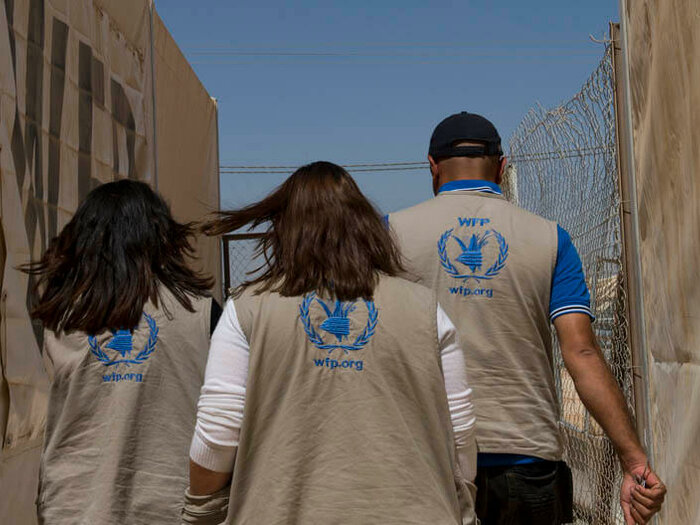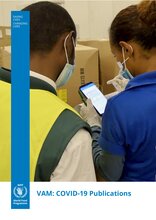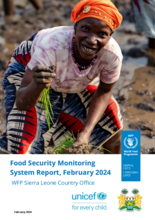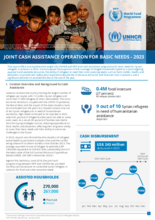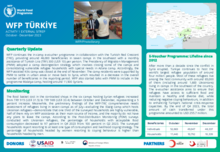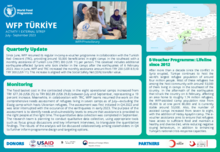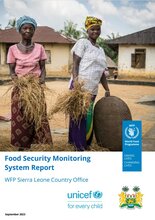Monitoring informs the design of WFP’s projects and maintains operational focus on results. It includes the daily tracking and analysis of project results to measure operational performance against targets and to make adjustments where necessary.
The primary function of Monitoring, as outlined in WFP’s Corporate Monitoring Strategy, is to inform operational decision-making, including project design. On a secondary level, monitoring generates data for evaluative purposes and corporate reporting, as well as for further evidence-building at all organizational levels.
Monitoring tracks the outcomes, outputs and processes of WFP’s programmes. Collected data is disaggregated, where relevant, by gender, age, beneficiary category and, if appropriate, other socio-cultural characteristics. Among the variables that are measured are beneficiary satisfaction and WFP’s accountability to affected populations. The findings are then reported regularly at Country Office level and once-yearly at corporate level in the Annual Performance Report.

